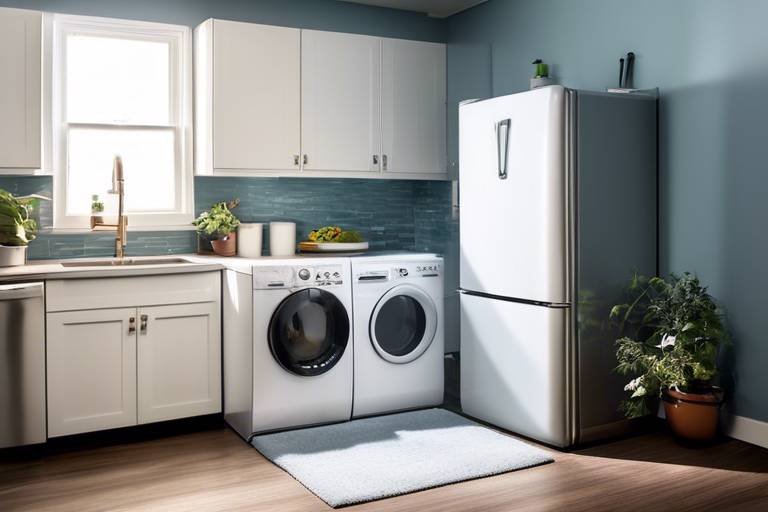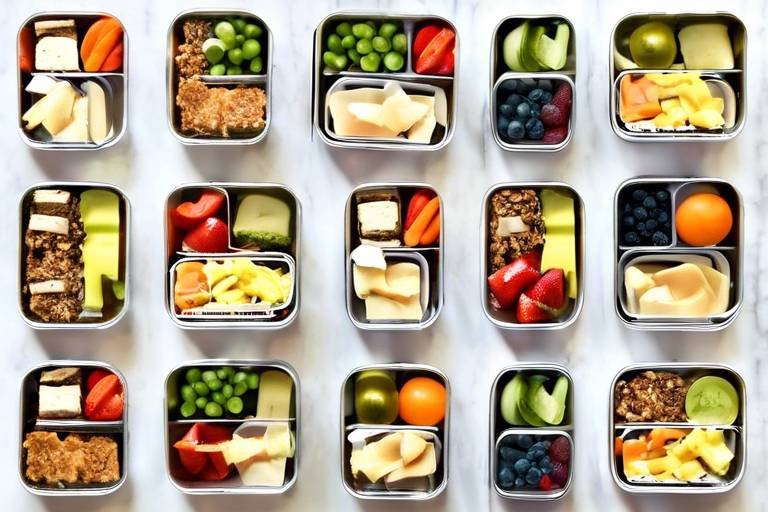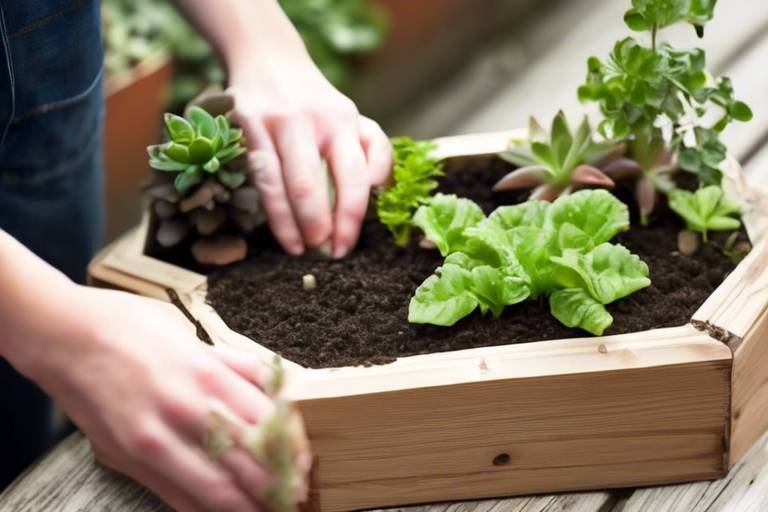The Benefits of Urban Beekeeping
Urban beekeeping offers numerous advantages, from supporting pollinators and increasing crop yields to fostering a sense of community and providing access to fresh, local honey.
One of the key benefits of urban beekeeping is its role in promoting pollinator health. By creating safe habitats for bees in urban areas, beekeepers help support declining bee populations and facilitate the pollination of urban gardens, parks, and green spaces.
Furthermore, urban beekeeping boosts crop yields by enhancing the pollination of nearby plants. The presence of bees from urban hives leads to increased fruit and vegetable yields in community gardens and urban farms, ultimately contributing to food security and sustainability.
Local honey production is another significant advantage of urban beekeeping. Beekeepers can harvest fresh, hyper-local honey from their hives, offering a sustainable and delicious alternative to store-bought honey. This not only benefits the beekeepers but also promotes the consumption of pure, unprocessed honey within the community.
In addition to the direct benefits for beekeepers, urban beekeeping has positive environmental impacts. Beekeeping in cities contributes to improved biodiversity, air quality, and overall ecosystem health. By supporting bee populations, urban areas become more sustainable environments for both humans and wildlife.
Moreover, urban beekeeping plays a crucial role in education and awareness. It provides opportunities for learning about the importance of bees in our ecosystem and raises awareness about the various threats they face, such as pesticides and habitat loss. Through educational initiatives, urban beekeepers help build a more bee-friendly society.
Engaging in beekeeping activities in urban settings fosters social connections among beekeepers, gardeners, and residents. By working together to support pollinators and cultivate shared green spaces, individuals form a sense of community and collaboration that enriches urban life.
Additionally, the therapeutic benefits of urban beekeeping should not be overlooked. Tending to hives and observing bees at work can have calming and stress-relieving effects on urban dwellers. The practice promotes mindfulness and connection with nature, offering a unique form of relaxation and mental well-being.
Lastly, urban beekeeping supports sustainable practices and conservation efforts. By participating in beekeeping, individuals and communities contribute to sustainable food systems, promote biodiversity, and play a vital role in protecting pollinators and their habitats. This active involvement in conservation aligns with the growing global movement towards environmental stewardship and sustainability.

Promotes Pollinator Health
Urban beekeeping offers numerous advantages, from supporting pollinators and increasing crop yields to fostering a sense of community and providing access to fresh, local honey. Explore the benefits below.
Urban beekeeping plays a crucial role in promoting the health of pollinators, especially bees, which are essential for the ecosystem's balance. By creating safe havens for bees in urban areas, beekeepers contribute to the well-being of these vital creatures. The presence of urban hives allows bees to thrive and pollinate urban gardens, parks, and green spaces, supporting plant growth and biodiversity.

Boosts Crop Yields
Urban beekeeping plays a crucial role in boosting crop yields in community gardens and urban farms. The presence of bees from urban hives significantly enhances the pollination process of nearby plants, resulting in increased fruit and vegetable production. When bees visit flowers to collect nectar and pollen, they inadvertently transfer pollen between plants, facilitating fertilization and fruit development. This cross-pollination leads to better-quality fruits and vegetables, with more consistent shapes and sizes.
Furthermore, the increased pollination provided by urban bees can also improve the overall health and resilience of plants, making them more resistant to pests and diseases. This natural form of pest control reduces the need for harmful pesticides, promoting healthier produce that is free from chemical residues. As a result, urban beekeeping not only benefits bee populations but also contributes to the sustainability and productivity of urban agriculture.
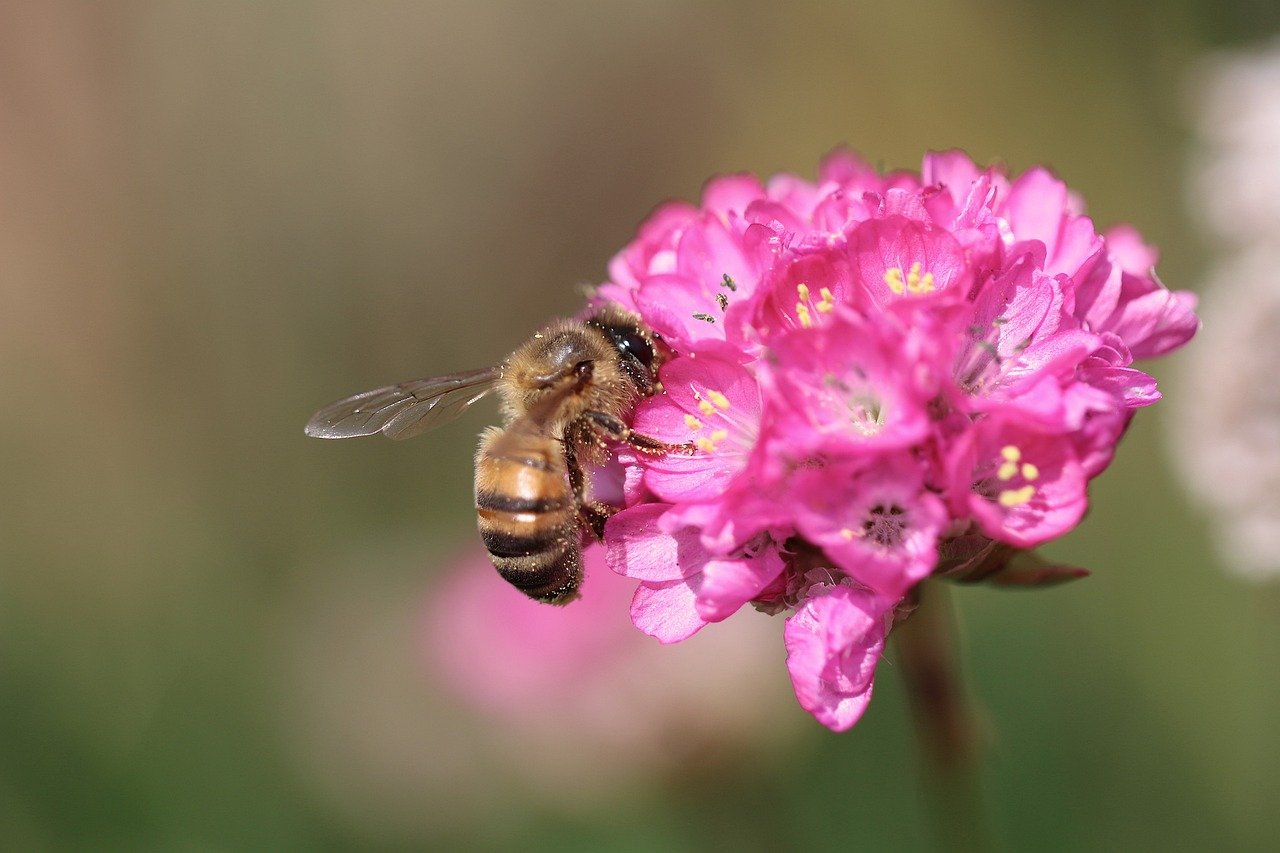
Local Honey Production
When it comes to urban beekeeping, one of the most rewarding aspects is the production of local honey. Urban beekeepers have the unique opportunity to harvest fresh, hyper-local honey right from their own hives. This process not only provides a sustainable source of honey but also offers a delicious alternative to store-bought varieties that may have traveled long distances before reaching the consumer.
Local honey production is a labor of love that requires dedication and care from beekeepers. By tending to their hives and ensuring the well-being of their bees, urban beekeepers can enjoy the sweet rewards of their hard work in the form of pure, unadulterated honey. The flavor profile of local honey can vary based on the types of flowers and plants available in the urban environment, giving each batch a unique and distinctive taste.
Furthermore, the production of local honey contributes to the sustainability of urban beekeeping practices. By supporting local bee populations and their natural habitats within the city, beekeepers play a vital role in preserving pollinators and promoting biodiversity. This not only benefits the bees themselves but also has positive ripple effects on the entire ecosystem of the urban environment.
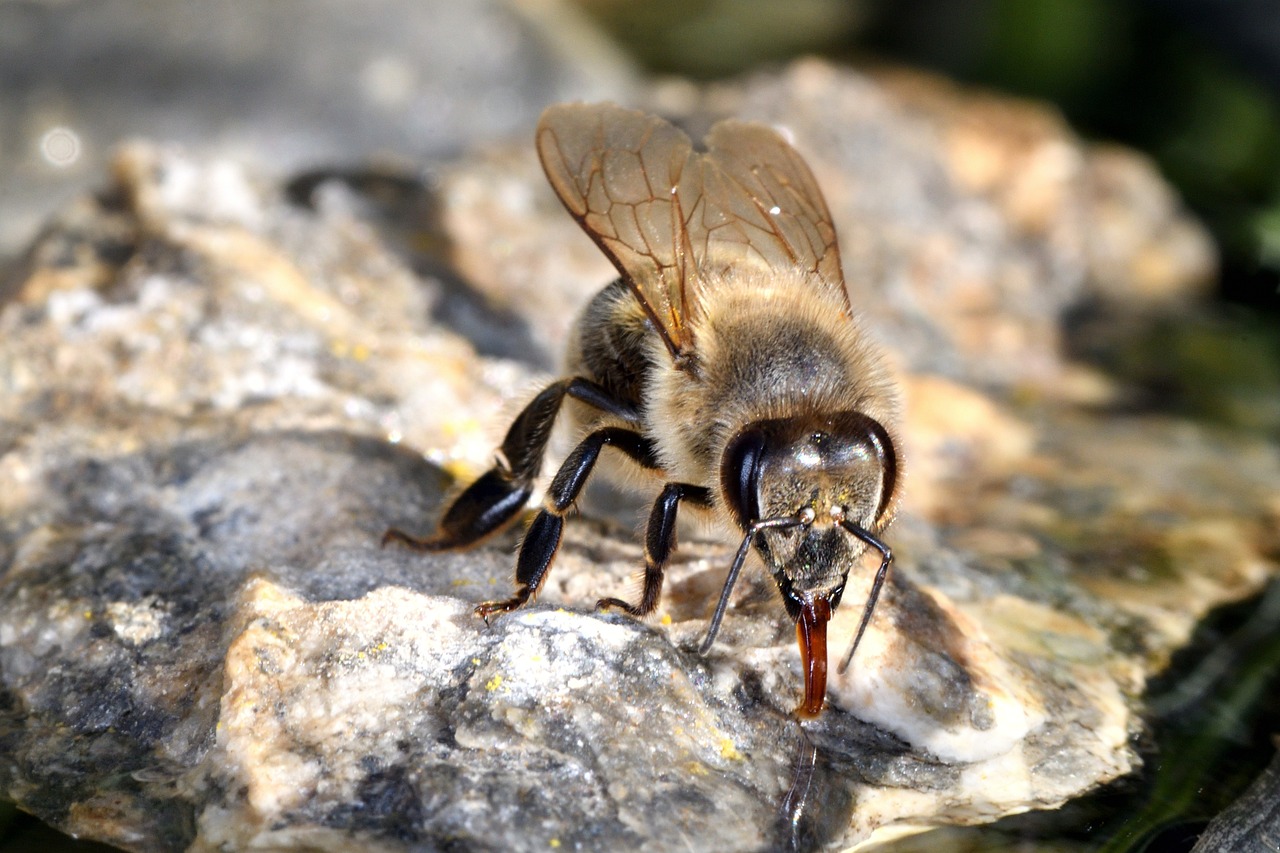
Environmental Benefits
Urban beekeeping not only benefits bees and beekeepers but also has significant positive impacts on the environment. By maintaining beehives in urban areas, beekeepers contribute to enhanced biodiversity, improved air quality, and overall ecosystem health. The presence of bees in cities leads to better pollination of plants, resulting in the proliferation of flowers and vegetation, which in turn supports diverse insect and bird populations. This interconnected web of life within urban ecosystems creates a more sustainable environment for both humans and wildlife, promoting a harmonious coexistence between urban development and nature.
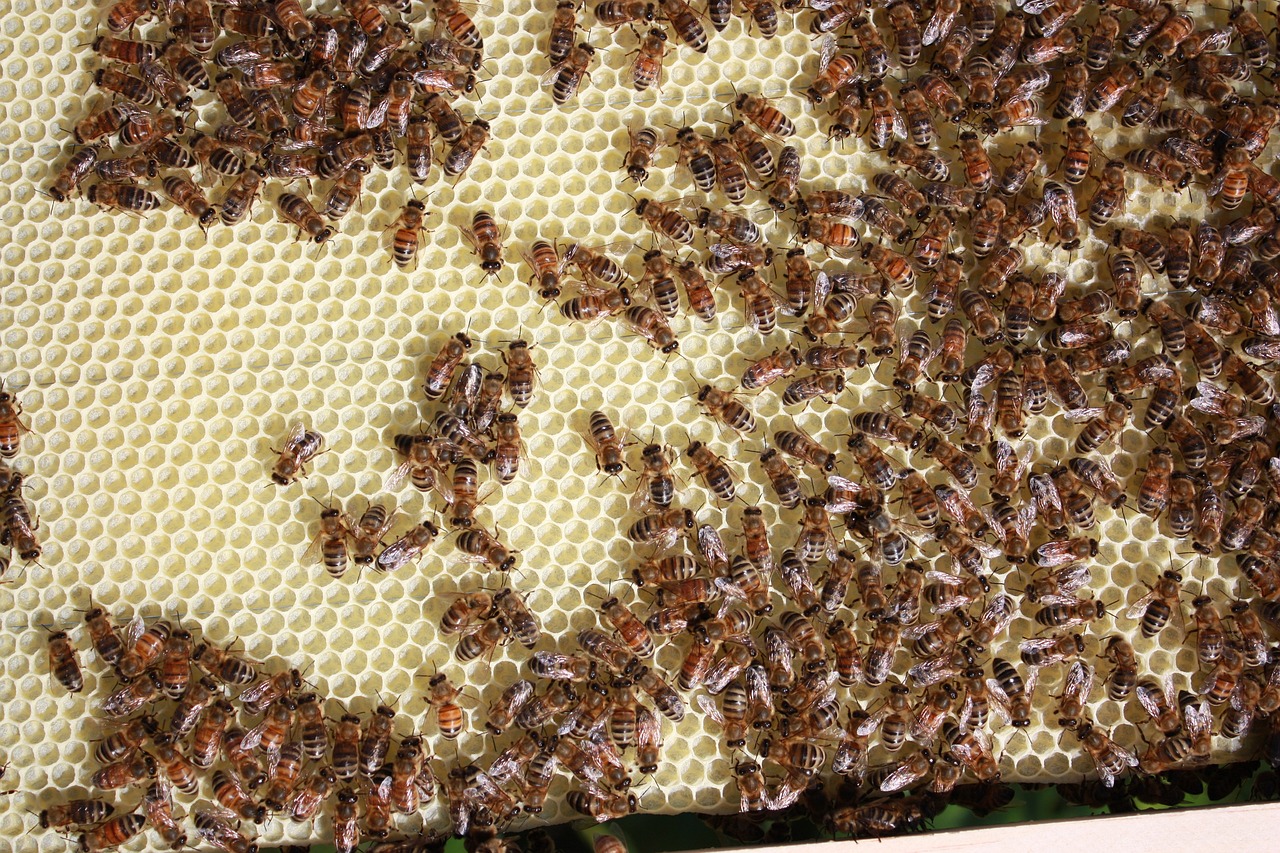
Education and Awareness
When it comes to urban beekeeping, one of the significant benefits lies in the realm of education and awareness. By engaging in beekeeping activities within city limits, individuals not only get a firsthand experience of the fascinating world of bees but also gain valuable insights into the critical role these pollinators play in our ecosystem.
Through urban beekeeping, communities have the opportunity to educate themselves and others about the importance of bees in maintaining biodiversity and supporting food production. It serves as a platform for raising awareness about the various challenges that bees face, including the impact of pesticides, loss of habitat, and climate change.
Imagine being able to witness the intricate dance of bees as they collect nectar and pollen, learning about their communication methods and social structure. Urban beekeeping offers a unique window into the hidden world of these vital insects, fostering a deep appreciation for their contributions to our environment.
Moreover, urban beekeeping initiatives often include educational programs and workshops that cater to both children and adults. These sessions not only teach practical beekeeping skills but also instill a sense of responsibility towards protecting pollinators and preserving the natural world.
By actively participating in urban beekeeping efforts, individuals can become ambassadors for bee conservation and advocates for sustainable practices. The knowledge gained through these experiences can inspire others to take action in supporting bee populations and creating bee-friendly environments within urban landscapes.
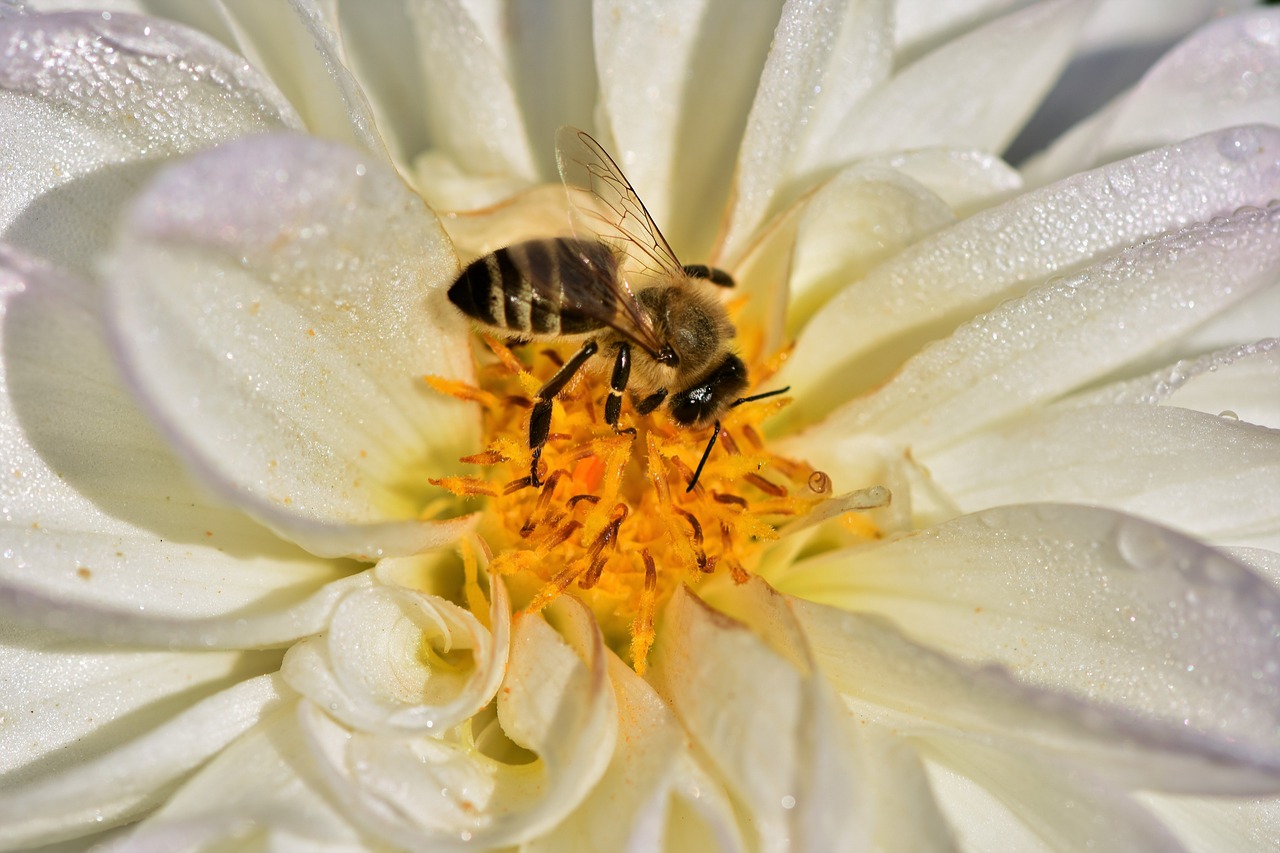
Social Connection
Urban beekeeping offers numerous advantages, from supporting pollinators and increasing crop yields to fostering a sense of community and providing access to fresh, local honey. Explore the benefits below.
Urban beekeeping helps support declining bee populations by providing a safe habitat for bees to thrive and pollinate urban gardens, parks, and green spaces.
The presence of bees from urban hives enhances pollination of nearby plants, leading to increased fruit and vegetable yields in community gardens and urban farms.
Urban beekeepers can harvest fresh, hyper-local honey from their hives, offering a sustainable and delicious alternative to store-bought honey.
Beekeeping in cities contributes to improved biodiversity, air quality, and overall ecosystem health, creating a more sustainable urban environment for both humans and wildlife.
Urban beekeeping provides opportunities for education about the importance of bees in our ecosystem and raises awareness about the threats they face, such as pesticides and habitat loss.
Beekeeping in urban settings fosters a sense of community among beekeepers, gardeners, and residents who work together to support pollinators and cultivate shared green spaces. It's like a buzzing neighborhood where everyone is connected through the common goal of helping bees thrive. The shared passion for beekeeping creates bonds that go beyond just the bees themselves, fostering relationships and a sense of belonging within the community.
Engaging in beekeeping activities, such as tending to hives and observing bees at work, can have therapeutic effects, reducing stress and promoting mindfulness in urban dwellers.
By practicing urban beekeeping, individuals and communities contribute to sustainable food systems, promote biodiversity, and play a role in conservation efforts to protect pollinators.

Therapeutic Benefits
Engaging in urban beekeeping activities offers a myriad of therapeutic benefits for individuals living in bustling city environments. The act of tending to beehives and observing bees at work can have a profoundly calming effect on urban dwellers, serving as a form of natural therapy amidst the chaos of city life. The rhythmic hum of bees, the meticulous work they perform, and the intricate social structure within a hive can all contribute to reducing stress levels and promoting mindfulness.
Imagine taking a break from the hectic urban lifestyle to immerse yourself in the world of bees, where time seems to slow down, and the focus shifts to the present moment. This hands-on experience of beekeeping allows individuals to connect with nature in a unique way, fostering a sense of peace and tranquility. The therapeutic benefits extend beyond just the act of beekeeping itself; the entire process, from caring for the bees to harvesting honey, can be a meditative practice that brings a sense of fulfillment and joy.
Moreover, studies have shown that interacting with bees and being in close proximity to hives can positively impact mental well-being. The gentle buzz of bees and the sight of them diligently working can evoke a sense of wonder and awe, reminding urban beekeepers of the interconnectedness of all living beings. This deep connection to nature through beekeeping can provide a much-needed escape from the fast-paced urban lifestyle, offering a moment of calm and reflection in the midst of the city's hustle and bustle.

Supports Sustainable Practices
Urban beekeeping plays a crucial role in supporting sustainable practices and fostering environmentally conscious behaviors within communities. By engaging in beekeeping activities in urban settings, individuals and communities contribute to the promotion of sustainable food systems and the conservation of pollinators. The practice of urban beekeeping not only supports the local ecosystem but also encourages a deeper connection to nature and a sense of responsibility towards environmental stewardship.
Through urban beekeeping, individuals can actively participate in biodiversity conservation efforts by providing a safe haven for bees to thrive and contribute to the pollination of urban flora. This hands-on approach to environmental sustainability empowers individuals to take an active role in preserving the delicate balance of urban ecosystems and promoting the health of pollinator populations.
Furthermore, urban beekeeping serves as a tangible example of sustainable agriculture practices, emphasizing the importance of natural pollination processes in food production. By supporting bee populations in urban areas, beekeepers help maintain a diverse and resilient ecosystem that benefits both wildlife and humans alike.
Additionally, urban beekeeping encourages a shift towards more sustainable and locally sourced food options. The production of fresh, hyper-local honey from urban hives offers a sustainable alternative to commercially produced honey, reducing the carbon footprint associated with long-distance transportation and supporting small-scale, community-based agriculture.
Overall, urban beekeeping not only supports sustainable practices but also promotes a deeper understanding of the interconnectedness of all living beings in urban environments. By embracing the principles of sustainability through beekeeping, individuals can make a meaningful impact on their local ecosystem and contribute to the collective effort of creating a more environmentally conscious and resilient community.
Frequently Asked Questions
- What equipment do I need to start urban beekeeping?
To start urban beekeeping, you will need essential equipment such as a beehive, protective gear including a beekeeping suit and gloves, hive tools for inspections, and a smoker to calm the bees during maintenance.
- Is urban beekeeping safe for the bees and the community?
Urban beekeeping, when practiced responsibly, is safe for both bees and the community. Beekeepers follow best practices to ensure the health and well-being of the bees, and urban beekeeping can actually benefit local ecosystems by supporting pollinator populations.
- Can anyone become an urban beekeeper?
While anyone can learn how to become an urban beekeeper, it is important to acquire the necessary knowledge and skills through training programs or mentorship. Understanding bee behavior, hive management, and safety protocols is crucial for successful urban beekeeping.
- How can urban beekeeping contribute to sustainable living?
Urban beekeeping promotes sustainable living by fostering biodiversity, supporting pollinators, and producing local honey. By engaging in beekeeping practices, individuals can play a role in environmental conservation and contribute to more sustainable food systems in urban areas.
- What are the challenges of urban beekeeping?
Challenges of urban beekeeping may include limited forage resources in urban environments, potential exposure to pesticides, and the need for ongoing hive management to prevent diseases and pests. However, with proper planning and care, these challenges can be mitigated.









